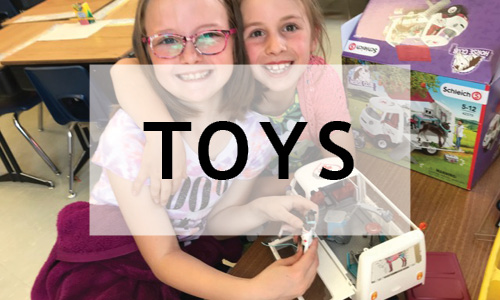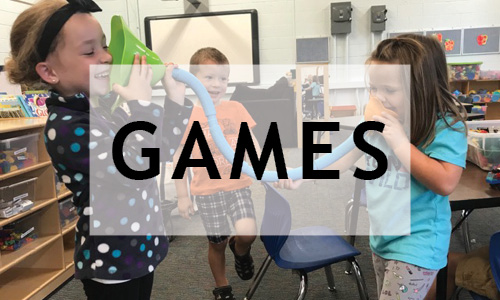 Wow. Can you believe it? Finally, at least an implied answer to our question that so many of us have been asking–where is the research to back up the marketing claims of building a brighter baby by showing them videos soon after birth? Parents have been asking me what I think of baby videos, every time I speak to a new parent group. My answer still stands. There is no research I know of that backs up the claims of educational value to a baby, and there certainly is research to the contrary, suggesting a parent use the time more productively.
Wow. Can you believe it? Finally, at least an implied answer to our question that so many of us have been asking–where is the research to back up the marketing claims of building a brighter baby by showing them videos soon after birth? Parents have been asking me what I think of baby videos, every time I speak to a new parent group. My answer still stands. There is no research I know of that backs up the claims of educational value to a baby, and there certainly is research to the contrary, suggesting a parent use the time more productively.
In yesterday’s New York Times, the front page article, “No Einstein in the Crib? Get a Refund,” explains the events that led up to Disney announcing it will give refunds for Baby Einstein videos, implying that there is no truth to the claims of their ability to increase baby’s brain power.
Thanks to the hard work by children’s advocacy groups like The Campaign for a Commercial-Free Childhood, the American Academy of Pediatrics and Children’s Hospital of Boston’s Center on Media and Child’s Health (CMCH), the truth is finally out.
Successful marketing campaigns to tout the educational factor of baby videos apparently worked because, according to a 2003 study, a third of all American babies from 6 months to 2 years had at least one “Baby Einstein” video. Moms and dads were clearly convinced that they needed to share this video experience with their infants to be responsible parents.
Luckily, parents can be released from the guilt of being “the perfect parent” and use the valuable time with their infants to play, talk and read, interacting where babies learn the best–with a person and in their daily experience.



